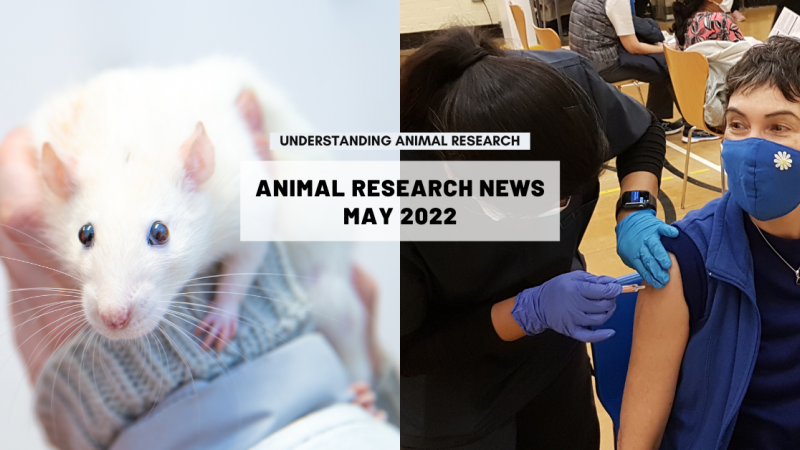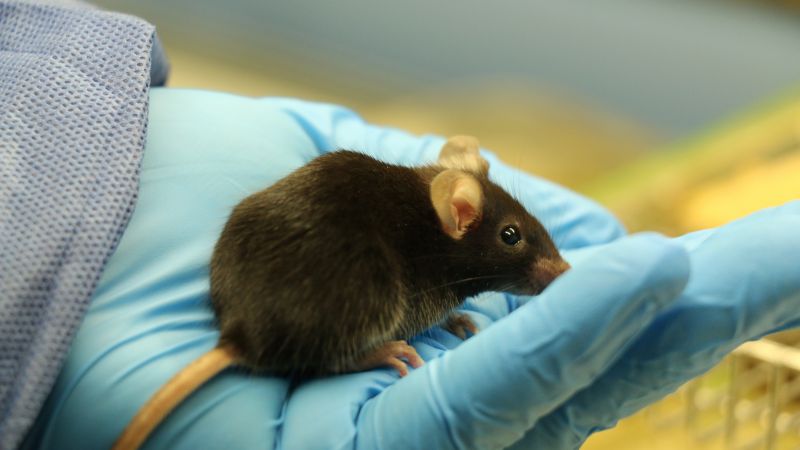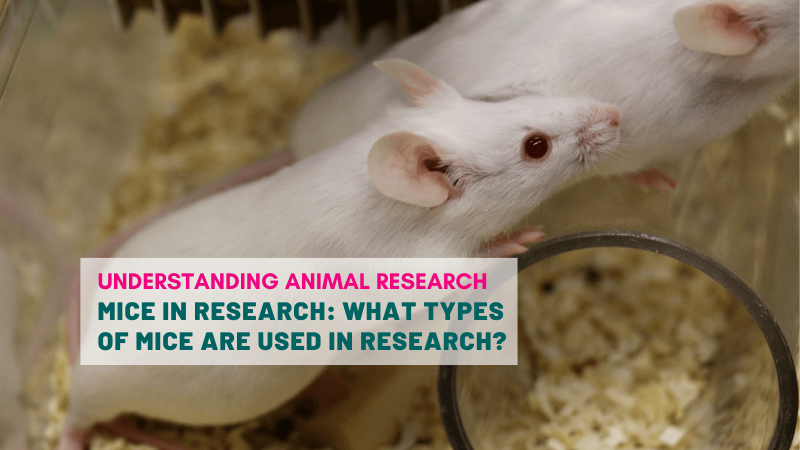Scientists have found that feeding mice a diet high in vitamin E weakens the animals' bones. The results suggest further research is needed into the effects of the popular dietary supplement.
Vitamin E is taken as a supplement by millions worldwide and is naturally found in a range of foods, such as nuts, cereals and eggs. Benefits are said to include cutting the risk of heart disease, cancers and cataracts.
But in this new study, the researchers looked at its effect on bone strength and density. They found that giving normal mice vitamin E supplements, at doses equivalent to those taken by people, led to their bones thinning by a fifth (20%) in just two months. The same results were seen in rats. The team also measured the bone strength of mice genetically engineered to be unable to absorb vitamin E, leading to a deficiency in their blood. These mice had denser and stronger bones than normal mice.
All bones in the body are slowly but constantly remodelled during life, although this slows in old age. Further investigation in the lab found that low levels of vitamin E meant that old bone wasn’t being broken down by special cells, called osteoclasts, as fast during the natural bone remodelling process. This resulted in thicker and denser bones in the mice.
These are early results and doctors are not recommending anyone changes their diet yet. The researchers are keen to carry out further work in humans to see if there’s a similar effect.
Last edited: 14 March 2022 09:17



